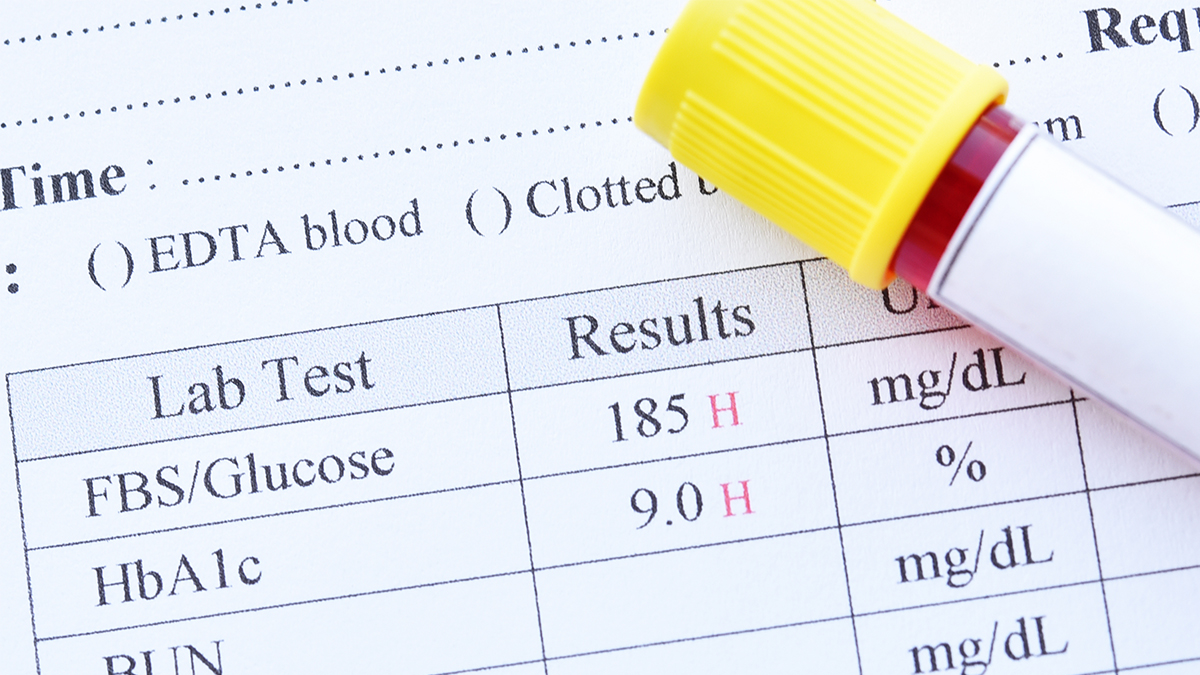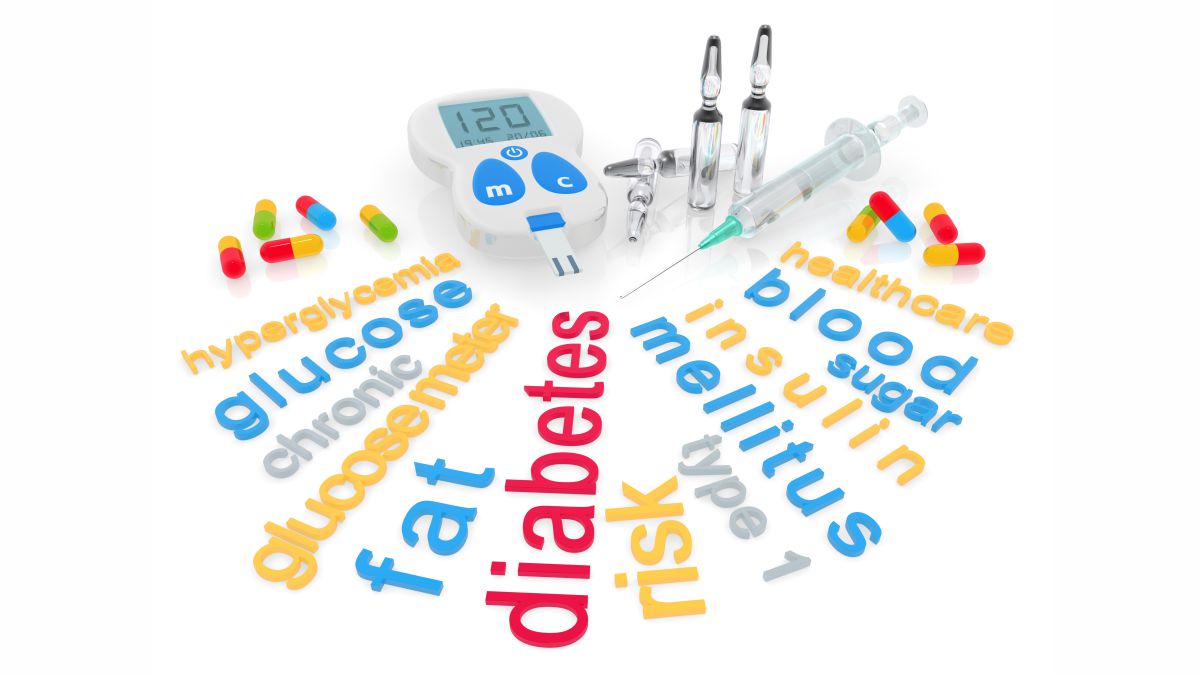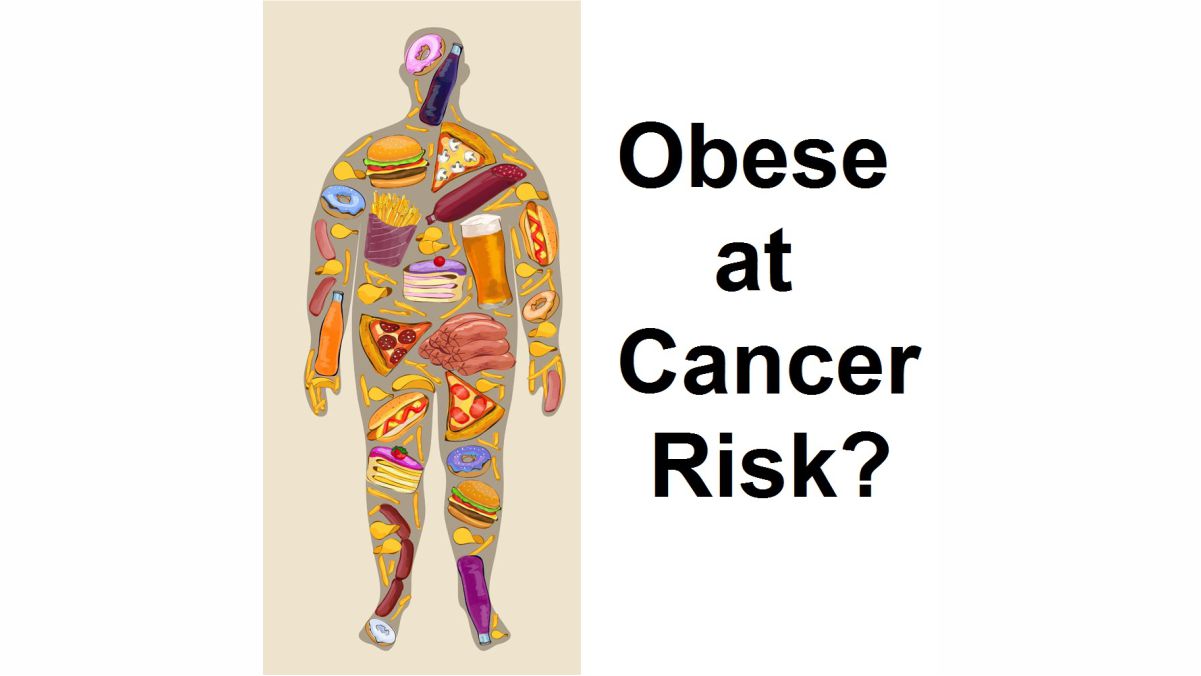
Tests that help Diagnose Diabetes
Diabetes is a disorder in which blood sugar levels are increased Symptoms of diabetes often appear suddenly .You should get the sugar levels tested if you experience the following symptoms-
- Feeling thirsty frequently
- Having tiredness all the time
- Increased hunger
- Blurring of vision
- More than usual urination (frequency increases)
- Having sores or cuts that are not healing easily
Blood tests for Diabetes
These tests are done to screen, diagnose or monitor diabetes.
HbA1 cTest
HbA1c test is a useful tool that determines the level of sugar in the body. In blood, the sugar (glucose) is present in red blood cells (RBCs). Because RBCs has lifespan of three months, average sugar levels for past three months can be evaluated. Usually, it is recommended for detecting and monitoring of blood sugar, especially for type 2 diabetic individuals. Unlike other blood tests, this testing does not require fasting and is a good marker for long time sugar control.
Fasting Glucose Test
It involves the testing of blood when the patient has not eaten anything for at least for 8 to 12 hours. The abnormal test results mean that the patient has alteration in blood sugar levels.
Post Prandial Blood glucose Test
Testing of blood sugar levels after two hours of meal is known as postprandial blood sugar test. It is done to see how your body utilizes sugar after a meal. If this test reflects high sugar levels, diabetes is indicated.
Random Blood Sugar Test
This test allows to determine the level of blood sugar in the body at anytime, no matter when one ate last.
Oral Glucose Tolerance (OGTT) Test
The test measures the body’s ability to absorb sugar ( glucose) after the consumption of specific amount of sugar. Altered reading of OGTT tells the patient has an abnormal tendency to utilize glucose. It is useful in Pregnancy to detect Gestational Diabetes.
The facile attitude may make diabetes a big issue, However, with the power of tests, it can be managed with ease!










